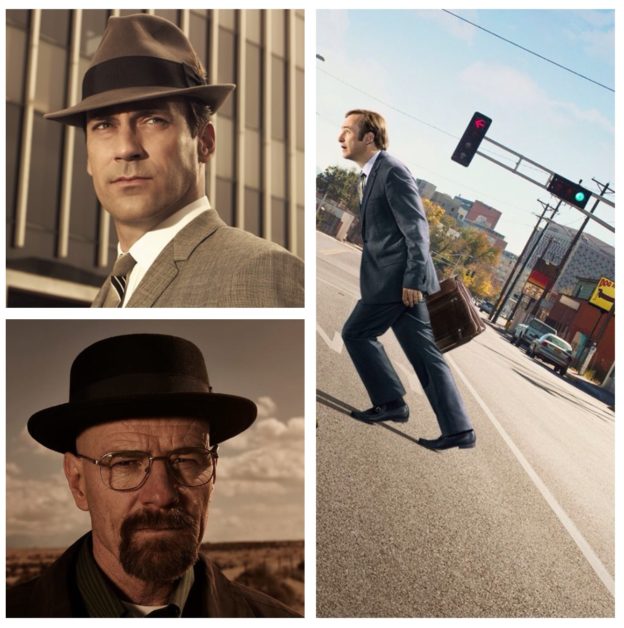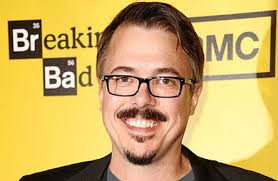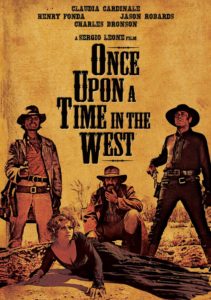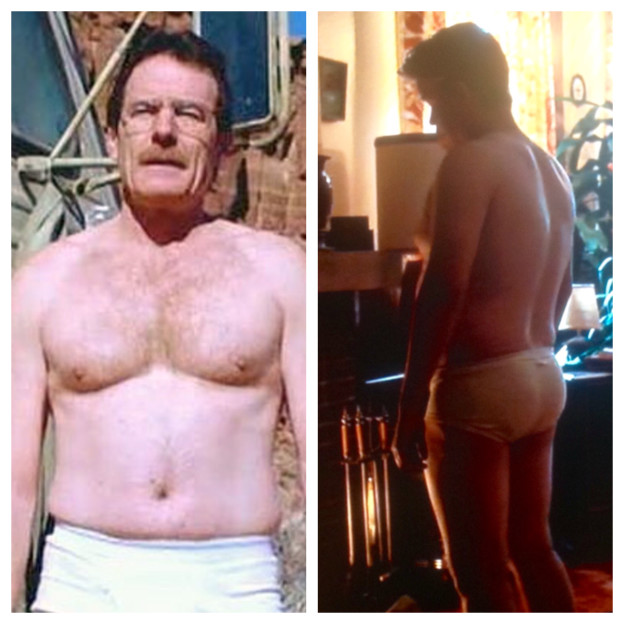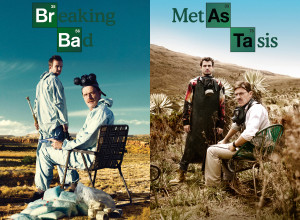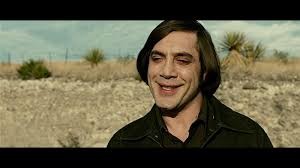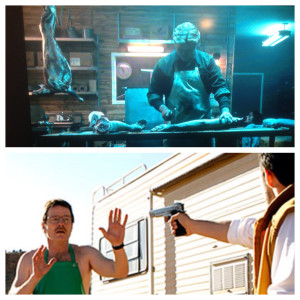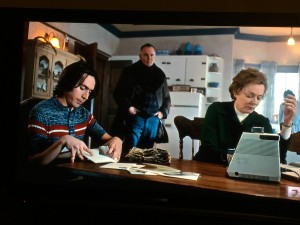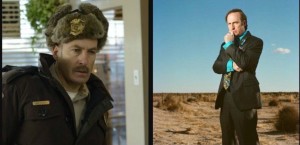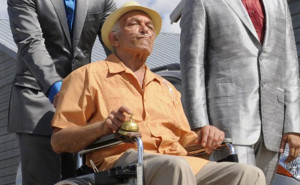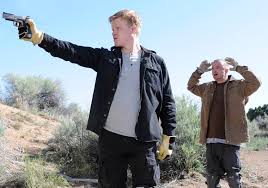
(Warning: series spoilers ahead)
The last time we saw him, Jesse Pinkman (Aaron Paul) was barreling through a chain-link gate in his El Camino, half-laughing, half-crying after being sprung from his neo-Nazi captors by Walter White (Bryan Cranston) in a drug house bloodbath in the Breaking Bad finale.
But where did Jesse go? Did Walter actually die? Ever since the AMC series concluded six years ago, Internet denizens have speculated wildly — musings fueled by rumors that they were working on a new Breaking Bad project.
Wonder no more: Netflix is expected to announce that a Breaking Bad film will arrive in October. Entitled El Camino: A Breaking Bad Movie, the film has even seen its trailer leaked onto the Internet with a release date, Oct. 11.
The news isn’t official yet, but it was all but confirmed when CNET noticed last week that a placeholder page for the movie popped up on Netflix. The page has since been taken down, but not before exuberant fans got hold of the news. The trailer doesn’t show Pinkman or other Breaking Bad characters; instead, it features only an addict refusing to talk to cops for fear he would be similarly enslaved by drug dealers. “No way I’m helping you people put Jesse Pinkman back inside a cage,” the tweaker says over an ominous score. The synopsis on the now-deleted Netflix page reveals little of the plot: “Fugitive Jesse Pinkman (Aaron Paul) runs from his captors, the law, and his past.”
Rumors of the film were further confirmed in an interview Paul gave to the New York Times, which ran an article Saturday about the series and the show’s legacy. “It’s a chapter of Breaking Bad that I didn’t realize that I wanted,” Paul told the Times about another chapter in the story. “And now that I have it, I’m so happy that it’s here.”
Paul also recalled early conversations with series creator Vince Gilligan, who will direct the film. “I would follow him into a fire,” he said, adding, “I was so happy that Vince wanted to take me on this journey.”
In interviews earlier this month, Bob Odenkirk, star of the Breaking Bad prequel series Better Call Saul, added to the rumor mill. He told /Film that the movie was shot secretly under the guise of an indie film called Greenbrier. In addition, in an interview with The Hollywood Reporter, Odenkirk spoke briefly about the movie. “I’ve heard so many different things about it, but I am excited about the Breaking Bad movie. I can’t wait to see it…I don’t know what people know and don’t know. I find it hard to believe you don’t know it was shot. They did it. You know what I mean? How is that a secret? But it is. They’ve done an amazing job of keeping it a secret.”
No word on whether Cranston will be involved in the movie, though some fans have speculated that he may have survived the fusillade of bullets that ended the series — and, ostensibly, his character. And given Gilligan’s fondness for timelines that leapfrog from past to present, Walter White may again be the one who knocks.
The Netflix announcement is expected Monday.

